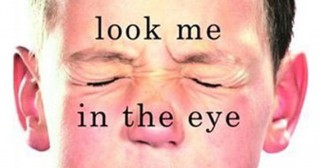More about body psychotherapy
Having posted some information about body psychotherapy tthree days ago I was asked to talk more aout it. So here is more about it. You will find body psychotherapists all over the world. Except in Africa and many parts of Asia. So if you are interested ask the specific organisations which are listed at Wikipedia. Or ask me, I will support you as much as I can. So don`t hesitate. 😉
“Body psychotherapy,[1][2][3] also called body-oriented psychotherapy or somatic psychology, is a branch of psychotherapy[4], with origins in the work of Pierre Janet, Sigmund Freud and particularly Wilhelm Reich who developed it as vegetotherapy……..
Read More







